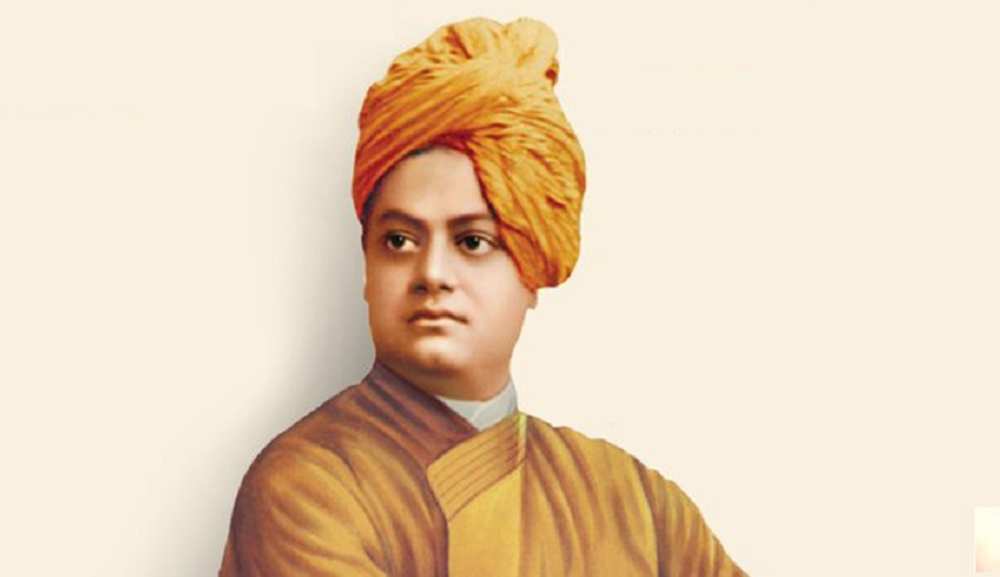In November 1890, Narendranath (premonastic name of Swami Vivekananda) went to Meerut. Narendranath had been a "voracious reader" from his childhood and used to spend a lot of his time in reading. During the stay in Meerut, Narendranath, through his fellow disciples, used to read one book from the local library every day and return it the following day. The local librarian was not ready to accept that Narendranath was reading the books. He thought that he was not reading anything at all and it was only an attempt to impress others. One day he clearly expressed his doubt to the fellow disciple. Narendranath, upon hearing this, went to the librarian and told him, politely— "Sir, I have read all the books very attentively. If you have any doubt, you may ask me any question you like from these any of these books we had borrowed." The librarian could not believe it, and so Swami Vivekananda asked him to test him. He opened a book, selected a page and paragraph, and asked him to tell him what was written there. Swami Vivekananda repeated the sentence exactly as it was written in the book, without looking at it. The librarian was astounded and did more tests. Each time Swami Vivekananda repeated the exact words written in the book. Later the librarian discovered that Swami Vivekananda had a photographic memory. His eyes, his mind, would capture the image on the page, and whenever he wished, he could just recall a book, a page, a sentence. That was the capacity of his brain and mind. How did he develop this capacity?

Haripada Mitra, a Sub-divisonal Forest Officer of Belgaum recounted—
One day, in the course of a talk, Swamiji quoted verbatim some two or three pages from Pickwick Papers. I wondered at this, not understanding how a Sannyasi could memorize verbatim so much from a secular book. I thought that he must have read it quite a number of times before he took orders. When questioned he said, 'I read it twice—once when I was in school, and again some five or six months back.' “Then how you remember it?” I asked in wonder.
In 1901, Swami Vivekananda was sick and was staying at Belur Math, West Bengal. A new set of 12 volumes of the newly published Encyclopedia Britannica had recently been bought for the Math's library. One day Sharatchandra Chakravarti, a disciple of Swami Vivekananda, came to his room to meet him. Seeing the large volumes of the Encyclopedia Britannica, he told “It is indeed very difficult to read so many volumes in one lifetime.”
Swami Vivekananda immediately replied “What do you mean? . . . Ask me any question from the first 10 volumes I have already read.” Chakravarti asked Vivekananda a number of questions from each volume of the Encyclopedia. Every time Vivekananda answered correctly, and not only that, several times he even quoted exact words used in the book.
Narendranath explained that when a child starts reading, he reads one letter or alphabet at a time, and when he reads that one alphabet his whole attention is focused on it. Gradually the child grows up, and with practice, now he can easily read one word or two-three words at a time. Likewise, if someone goe s on inc r e a s ing hi s concentration power, he will be able to read an entire page of a book in just a glance. Swami Vivekanand says that…‘one has to read with full attention and one must not fritter away the energy one draws from food.’
The main difference between men and the animals is the difference in their power of concentration. All success in any line of work is the result of this. High achievements in art, music, etc., are the results of concentration. The difference in the power of concentration also constitutes the difference between one human and another human. Compare a highly achieved human being with another man. The difference is in the degree of concentration. This is the only difference.
The power of concentration is the only key to the treasure-house of knowledge. The whole secret of knowledge is concentration.